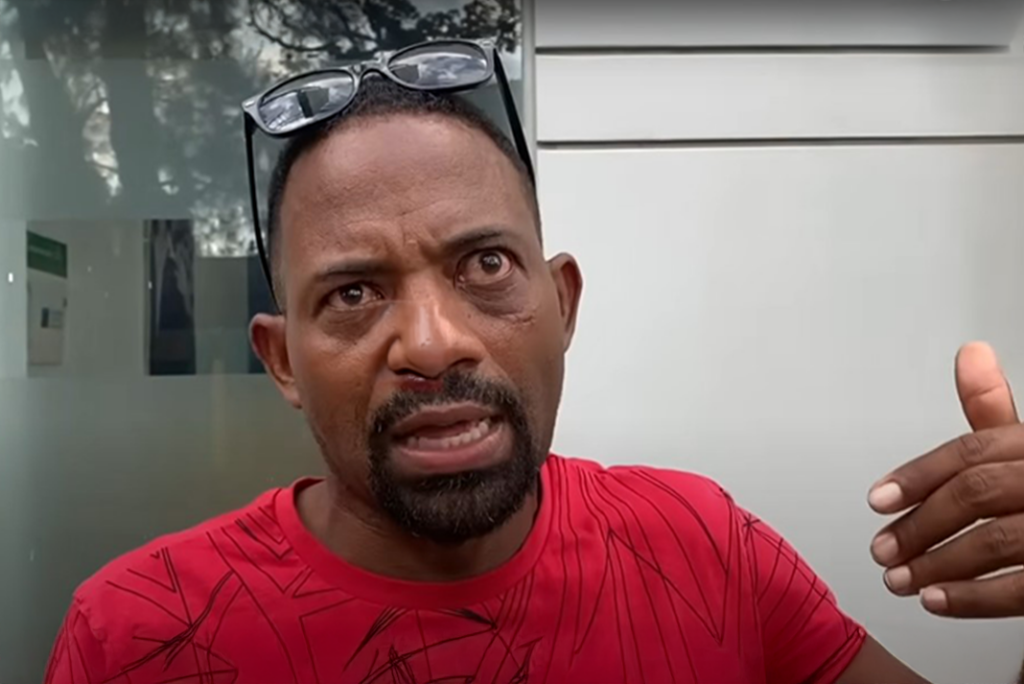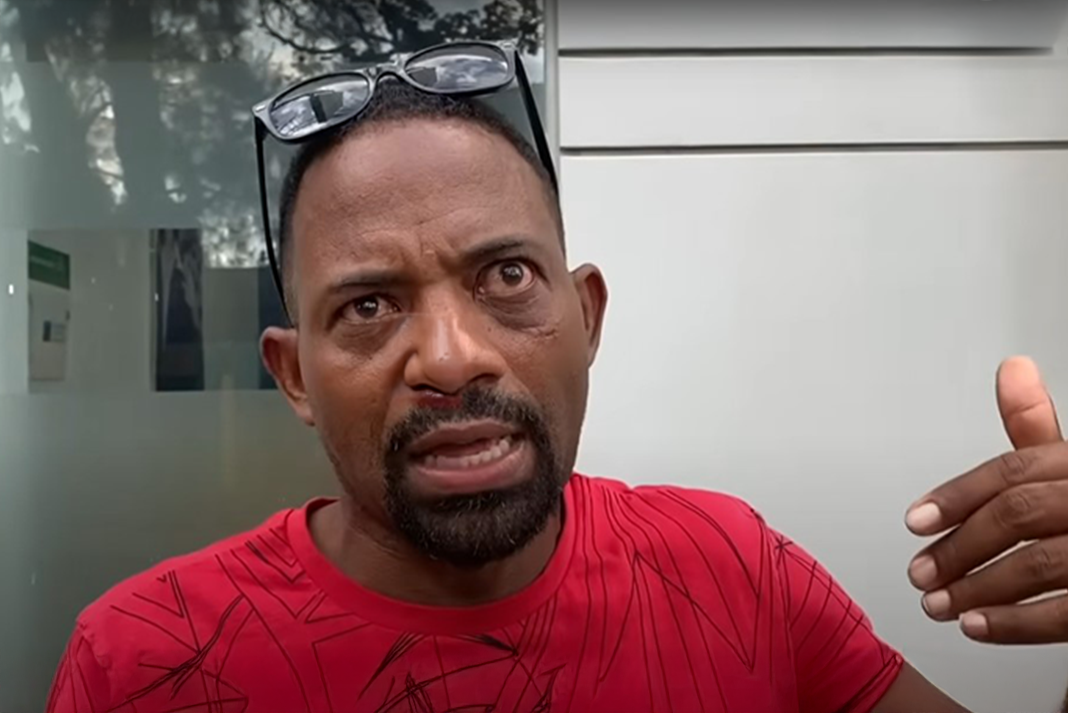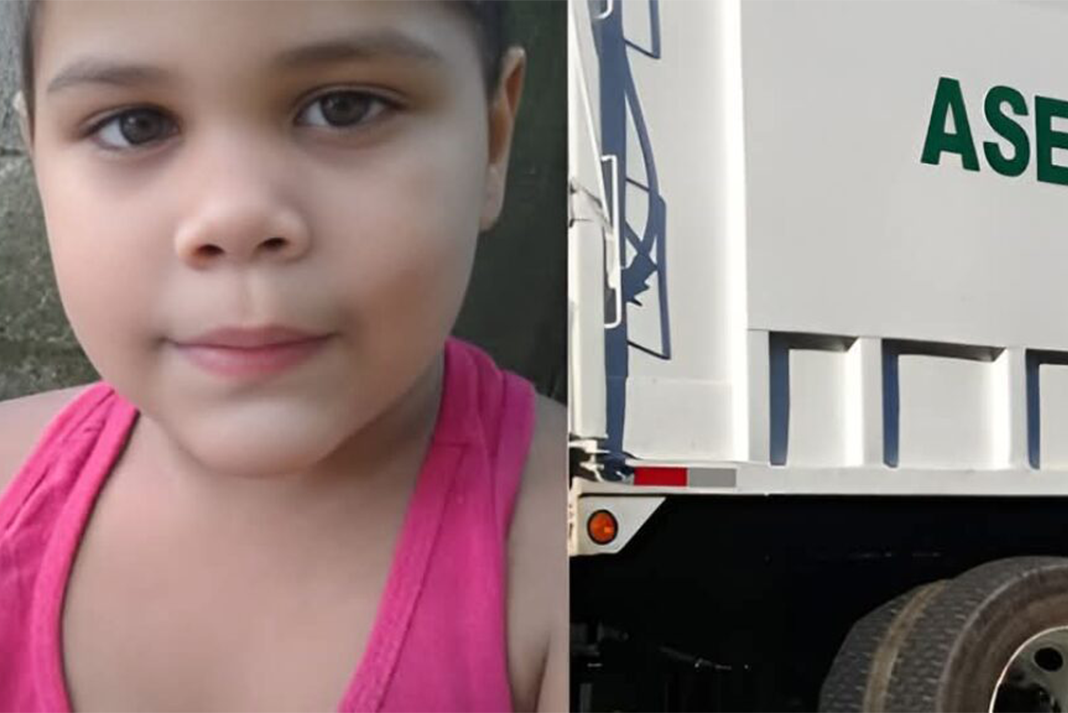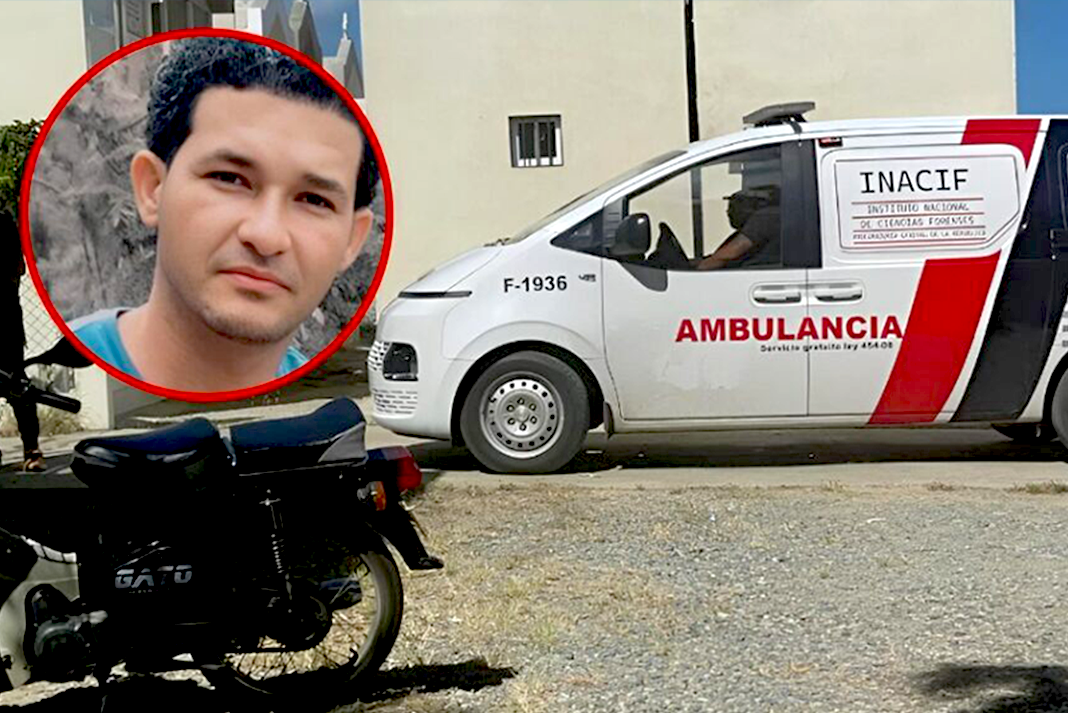Un caso desgarrador en la República Dominicana ha provocado una fuerte indignación pública y plantea serias preocupaciones sobre fallas institucionales. Un padre del municipio de Arenoso afirma que su hijo pequeño fue víctima de abuso sexual, pero a pesar de la gravedad de la denuncia, las autoridades judiciales supuestamente se han negado a recibir su querella. Este incidente no solo revela posibles deficiencias en los sistemas de protección infantil, sino que también sugiere que la influencia política podría estar obstaculizando el acceso a la justicia.
Aurelio Rivas, residente en la comunidad El Aguacate, en la provincia Duarte, ha hecho un llamado público tras lo que describe como un hecho atroz: su hijo de apenas dos años fue, según su relato, abusado sexualmente por una vecina de 75 años. Sin embargo, sus intentos por presentar la denuncia ante las autoridades han sido infructuosos.
Rivas explica que su primer intento fue en el Palacio de Justicia del municipio de Nagua, donde su denuncia fue rechazada. Lo refirieron entonces a la Unidad de Violencia en San Francisco de Macorís, pero allí también le negaron la recepción de su querella. De este modo, ha quedado sin vías legales efectivas para proceder ante una situación de extrema gravedad.
El denunciante sospecha que la negativa de las autoridades podría estar relacionada con los vínculos familiares de la acusada. Según Rivas, la mujer es madre de una figura política influyente en la región, lo que podría estar funcionando como un escudo protector frente a la justicia y obstaculizando cualquier tipo de investigación.
Desde que la denuncia se hizo pública, Rivas afirma haber recibido múltiples amenazas. Preocupado por su seguridad y la de su familia, ha tenido que abandonar su hogar y mantenerse oculto. Su temor revela un problema más amplio: la falta de garantías para quienes se atreven a denunciar abusos y posibles actos de corrupción.
La comunidad de Arenoso ha reaccionado con indignación ante el caso. Los residentes exigen una investigación imparcial y a fondo, así como una declaración oficial por parte de las autoridades. Hasta el momento, no ha habido pronunciamiento alguno, lo que alimenta los temores de que el caso quede en el olvido o sea encubierto deliberadamente.
Este caso es un crudo recordatorio de cuán vulnerables pueden ser los niños cuando las instituciones no cumplen con su deber. Cuando denuncias de abuso son desestimadas sin una revisión adecuada —especialmente si hay sospechas de interferencia política—, los pilares de la justicia se ven profundamente debilitados. Ante las exigencias de la sociedad, el Estado enfrenta una prueba crucial: ¿protegerá a sus ciudadanos más indefensos o permitirá que el poder y la influencia se impongan sobre la justicia?

Justice denied? Child abuse allegation met with silence from authorities in Duarte province
A heartbreaking case from the Dominican Republic has ignited public outrage and raised pressing concerns about institutional failure. A father from the municipality of Arenoso claims that his young son was sexually assaulted, but despite the gravity of the accusation, judicial authorities have allegedly refused to accept his complaint. The incident not only reveals potential gaps in child protection systems but also suggests that political influence may be obstructing the course of justice.
Aurelio Rivas, a resident of El Aguacate in the Duarte Province, has made a public plea for justice after what he describes as a horrific incident involving his two-year-old son. Rivas alleges that the boy was sexually abused by a 75-year-old neighbor—an accusation he tried to report to the legal system but was met with rejection at every turn.
His first attempt to file the complaint at the Justice Palace in Nagua was unsuccessful. Officials there, according to Rivas, directed him to the Violence Unit in San Francisco de Macorís. However, that too led nowhere. He claims that the second institution also refused to receive his formal complaint, effectively leaving him without legal recourse in the face of a serious and traumatic crime.
Rivas believes that the accused’s family connections may be influencing the authorities’ unwillingness to act. He revealed that the elderly woman in question is the mother of a politically powerful figure in the region. This connection, he suspects, is shielding her from prosecution and blocking any investigation into the allegations.
Since going public with the accusation, Rivas says he has received multiple threats. Concerned for his safety and the well-being of his family, he has reportedly left his home and gone into hiding. His fear of retaliation illustrates the broader issue of insecurity and lack of protection for those who speak out against abuse and corruption.
The Arenoso community has reacted with indignation and frustration. Locals are demanding a full and impartial investigation into the case. They are also calling on the authorities to break their silence and provide clarity on what actions, if any, are being taken. So far, no official statements have been released, fueling fears that the case may be ignored or deliberately buried.
This case serves as a grim reminder of how vulnerable children are when institutions fail to fulfill their duty. When complaints of abuse are dismissed without proper review—especially amid suspicions of political interference—the very pillars of justice are weakened. As the public demands answers and action, the government faces a crucial test: will it protect its most defenseless citizens, or allow power and influence to override justice?




